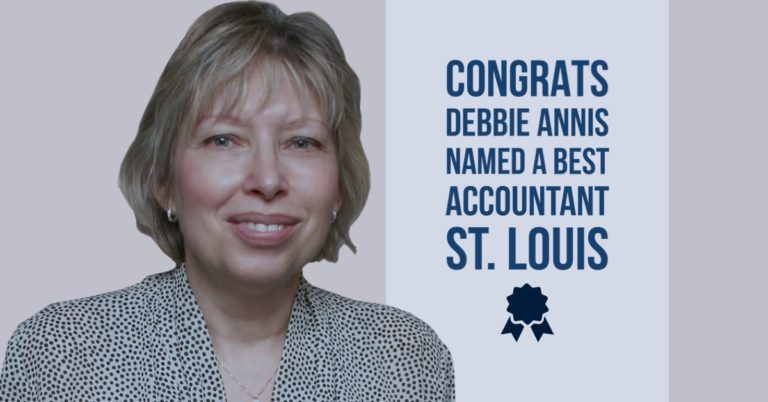Picture this: you’re at a restaurant, discussing a potential deal with a client, celebrating a milestone with your team, or maybe even strategizing with a vendor. Did you know that many of these business meals can be tax-deductible?
In this article, we’ll break down the criteria for deducting your meal expenses, offering you clarity on what’s deductible and what’s not in the evolving landscape of tax regulations for business meals.
This way when you’re heading to the restaurant for a business meal, you’ll know the rules that apply to get a tax deduction.
What Is Considered a Business Meal?
Definition: Food and beverage expenses associated with operating a taxpayer’s trade or business.
Historically, business meals have been deductible, subject to a 50% limit. However, in response to the COVID-19 Pandemic, a temporary deduction was enacted to help restaurants, but that was a temporary exception that allowed
Business Meal Tax Deductions
In 2023, most business meals are 50% deductible. This means that you can deduct half of the cost of the meal on your taxes.
To qualify for the 50% deduction, the meal must meet all of the following requirements:
- It must be an ordinary and necessary expense paid or incurred during the tax year in carrying on a trade or business.
- The taxpayer, or an employee of the taxpayer, must be present at the furnishing of the food or beverages.
- The food and beverages must be provided to a current or potential business customer, client, consultant, or similar business contact.
- If the meal is lavish or extravagant, the entire cost of the meal is nondeductible. It is up to the taxpayer to prove that the meal was not lavish or extravagant.
Impact of the Tax Cuts and Jobs Act
When the Tax Cuts and Jobs Act (“TCJA,” P.L. 115-97, 12/22/2017) was passed, entertainment expenses are no longer deductible at all.
The TCJA, beginning Jan. 1, 2018, made expenses for entertainment, amusement or recreation expenses for clients and business associates nondeductible.
If food and beverages are provided during or at an entertainment activity, then they must be bought separately from the entertainment, or their cost is stated separately from the cost of the entertainment on one or more bills, invoices, or receipts. The food and beverage charge can’t be inflated to circumvent the entertainment disallowance rule.
Proving that Your Business Meals Qualify
A big part of qualifying for the tax deduction is proving that your meals meet the IRS requirements.
Reasonable estimates are insufficient to stand up to IRS challenge.
You must be able to establish:
- Amount spent
- Time and place
- Business purpose
- Business relationship of the individuals involved
It’s important to set up careful and detailed record-keeping procedures to keep track of each business meal and to justify its business connection.
For expenses of $75 or more, documentary proof (receipts, etc.) is required.
Examples: Business Meals that May Be Tax Deductible
The following examples of meals may be eligible for the 50% tax deduction:
- Discussing a potential business deal with a client.
- Thanking a customer for their business.
- Discussing a new product or service with a vendor.
- Celebrating a business milestone with employees.
Examples of business meals that aren’t deductible:
- A meal with a friend or family member.
- A meal that is primarily for entertainment purposes.
- A meal that is lavish or extravagant
In the realm of business, every dollar saved matters, and understanding the nuances of tax deductions for business meals can be a game-changer. With the majority of business meals being 50% deductible in 2023, it’s a valuable tax benefit that you don’t want to miss out on. Just remember, proving that your meals qualify is crucial. Detailed record-keeping and adherence to IRS guidelines are your allies in this endeavor. So, the next time you find yourself at a restaurant discussing deals, thanking clients, or celebrating achievements, you’ll not only savor the flavors, but also the tax advantages that come with a well-documented business meal.
If you have any questions about whether a particular business meal is deductible, you should consult with a tax advisor.
More Information
If you have questions, contact us to discuss your situation.
To check out our other articles on business topics, click here.

Alan Dierker
Alan Dierker is a Tax Manager with experience in tax, outsourced controller services, including fulfilling compilation and preparation agreements, payroll and compliance issues. He also has experience in the following industries: Wholesale Distribution, Private Foundations, Not-for-Profit and Real Estate.
About Smith Patrick CPAs
Smith Patrick CPAs is a boutique, St. Louis-based, CPA firm dedicated to providing personal guidance on taxes, investment advice and financial service to forward-thinking businesses and financially active individuals. For over 30 years, our firm has focused on providing excellent service to business owners and high-net worth families across the country. Investment Advisory Services are offered through Wealth Management, LLC, a Registered Investment Advisor.




